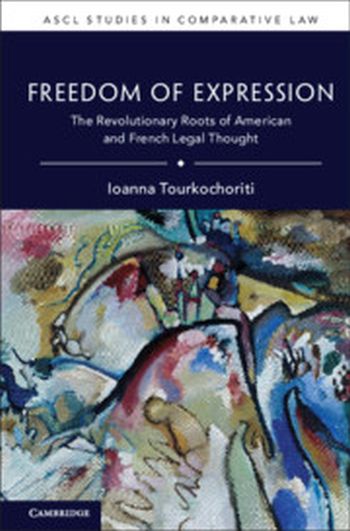We are now closed for the Christmas and New Year period, returning on Monday 5th January 2026. Orders placed during this time will be processed upon our return on 5th January.

Two legal systems founded on similar Enlightenment philosophical and political values use state coercion differently to regulate a liberty at the core of the Enlightenment: freedom of expression. This comparative study of France and the United States proposes a novel theory of how the limits of freedom of expression are informed by different revolutionary experiences and constitutional and political arrangements. Ioanna Tourkochoriti argues that the different ways freedom of expression is balanced against other values in France and the United States can be understood in reference to the role of the government and the understanding of republicanism and liberty. This understanding affects how jurists define the content and the limits of a liberty and strike a balance between liberties in conflict. Exploring both the legal traditions of the two countries, this study sheds new light on the broader historical, social and philosophical contexts in which jurists operate.